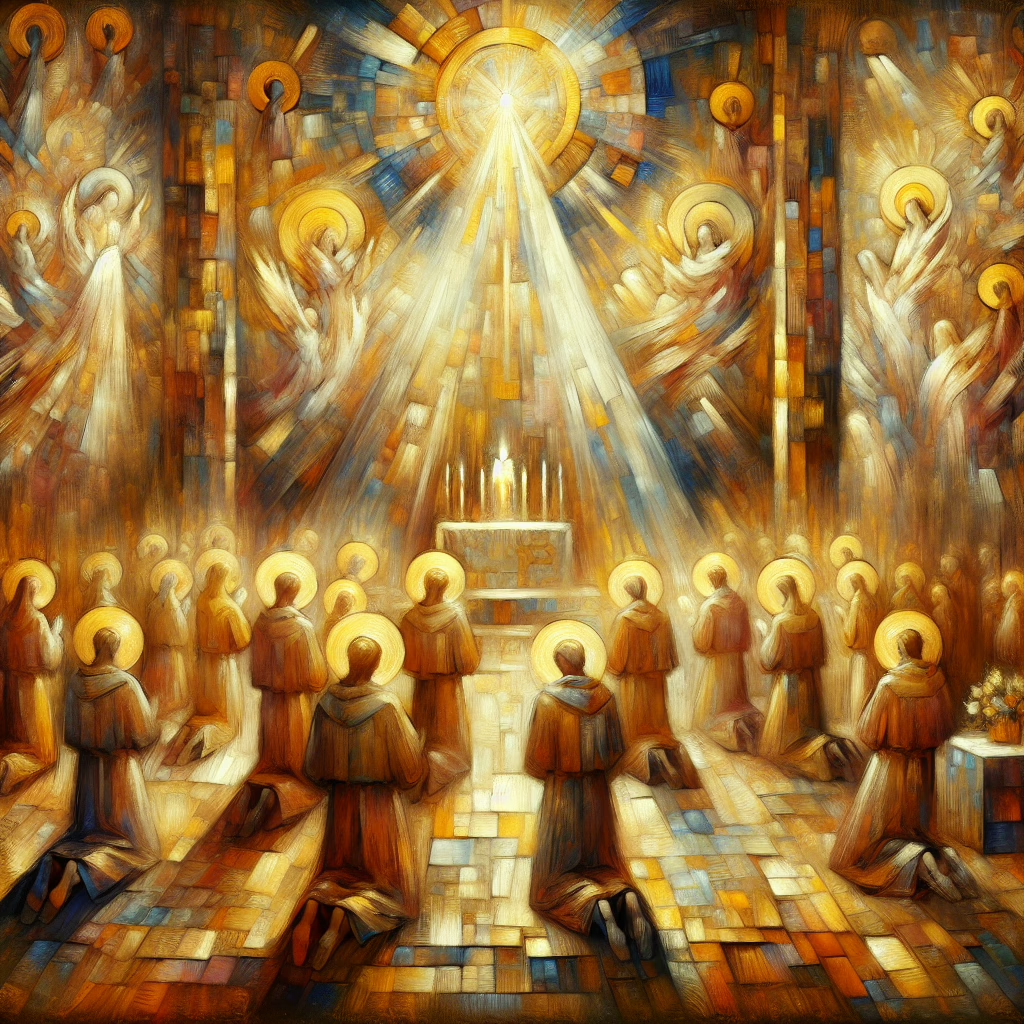Protestant Objections to the Catholic Doctrine of Indulgences
Introduction: Understanding the Controversy
The Catholic doctrine of indulgences stands as one of the most contentious issues that fueled the fires of the Protestant Reformation in the 16th century. Originally intended to represent the Church's means of applying the merits of Christ and the saints to the faithful, indulgences have been widely misunderstood and even misused, leading to significant theological disputes. This article will explore the principal objections raised against indulgences, primarily by Protestant Reformers, while also providing a thorough Catholic response to each objection.
1. Objection: Indulgences Undermine Christ's Atonement
1.1 Protestant Argument
At the heart of this objection is the concern that indulgences imply a deficiency in Christ's atonement. Protestants often reference Hebrews 10:12-14: "But when Christ had offered for all time a single sacrifice for sins, he sat down at the right hand of God." They argue that this passage underlines the sufficiency and finality of Christ's sacrifice, suggesting that indulgences appear to add another layer of redemption, thereby diminishing the completeness of His sacrifice.
1.2 Catholic Response
In response, Catholics assert that indulgences do not replace or add to Christ’s atonement but rather extend its application. While Christ's sacrifice is fully sufficient for redemption, indulgences concern the temporal effects of sin. As articulated in Romans 5:12-21, the grace of Christ abounds to cover sin, but the communal and individual sanctity grows through participation. Colossians 1:24 supports this view: "Now I rejoice in my sufferings for your sake, and in my flesh, I am filling up what is lacking in Christ’s afflictions for the sake of his body, that is, the church." This passage does not imply a deficiency in Christ’s suffering but highlights the role of the Church and its members in the application of redemption.
1.3 Supporting Evidence
Indulgences are part of the Church's Treasury of Merit, a concept with roots in early Christian thought. Saint Augustine reflected on shared redemption through the Church:
"It is through the Church that the faithful receive from Christ the grace that merits salvation."
— St. Augustine, Enchiridion
For more information on the Church's teaching regarding merits, read about the Treasury of Merit.
2. Objection: Indulgences Imply Works-Righteousness
2.1 Protestant Argument
The Protestant objection here revolves around the belief that indulgences promote a system of works-righteousness, contradicting the doctrine of justification by faith alone. Key scriptural references like Ephesians 2:8-9—“For by grace you have been saved through faith…not a result of works”—highlight the perceived conflict between faith and the Catholic practice of indulgences.
2.2 Catholic Response
The Catholic Church distinguishes between the role of faith and works in the process of justification, upholding that good works are a response to God's grace rather than a means to earn salvation. It is not that indulgences save us, but they are a form of exercising faith through acts of love, penance, and service. James 2:24 states: "You see that a person is justified by works and not by faith alone." This highlights the synergistic relationship between faith and works in Christian life, affirming both as components of the believer’s journey toward holiness.
2.3 Supporting Evidence
The early Church offered insights into the balance between faith and works. The Didache, an early Christian treatise, instructed:
"Be not a stretcher forth of the hands to receive and a drawer of them back to give."
— Didache, Chapter 4
Historically, the synergy of faith and practice reflects a larger understanding of salvation, as further explored in Catholic Justification.
Conclusion: Reconciling Theological Perspectives
In summary, the objections to the Catholic doctrine of indulgences often stem from misunderstandings both historical and theological. While Protestant Reformation critiques center on safeguarding the sufficiency of Christ’s atonement and defending against perceived works-righteousness, the Catholic theology of indulgences underscores their foundation as an extension of divine grace. By engaging in earnest dialogue, both Catholics and Protestants can come to a deeper understanding of these complex doctrines.






Leave a Reply